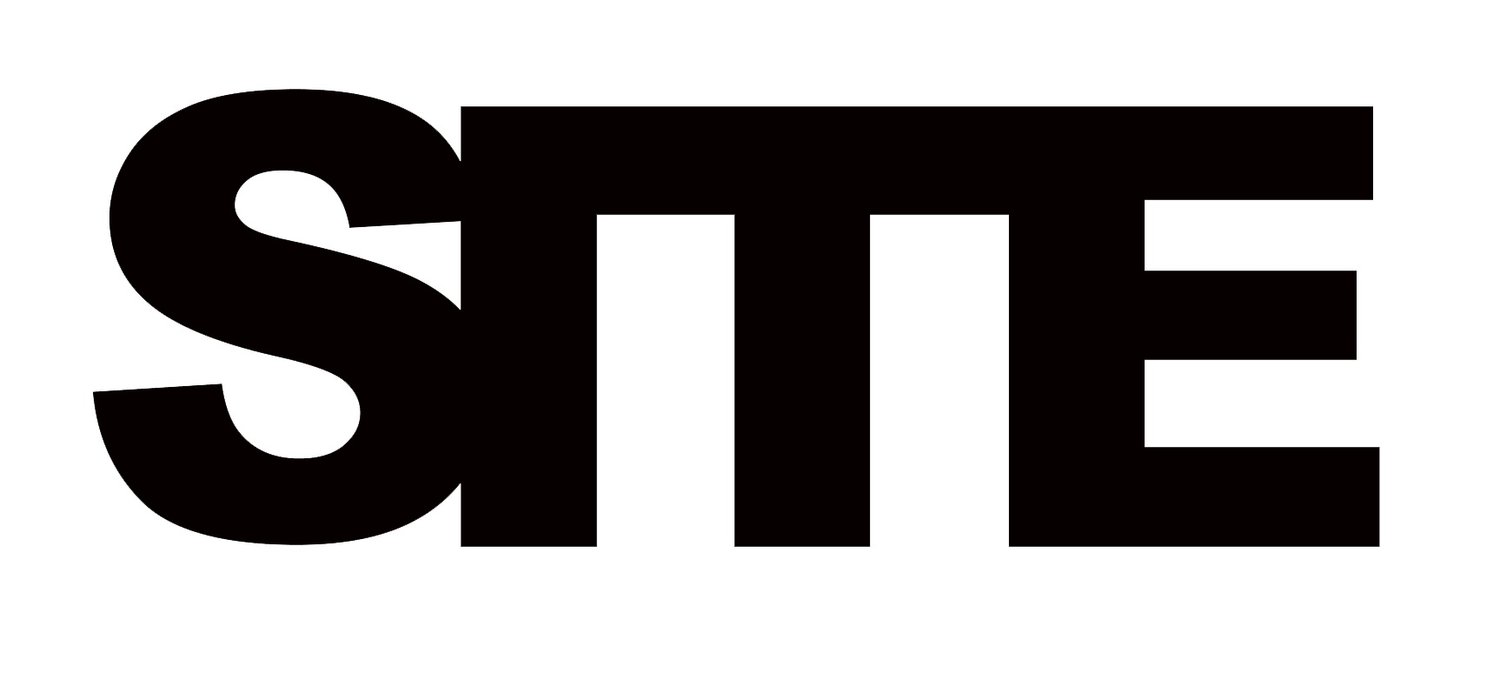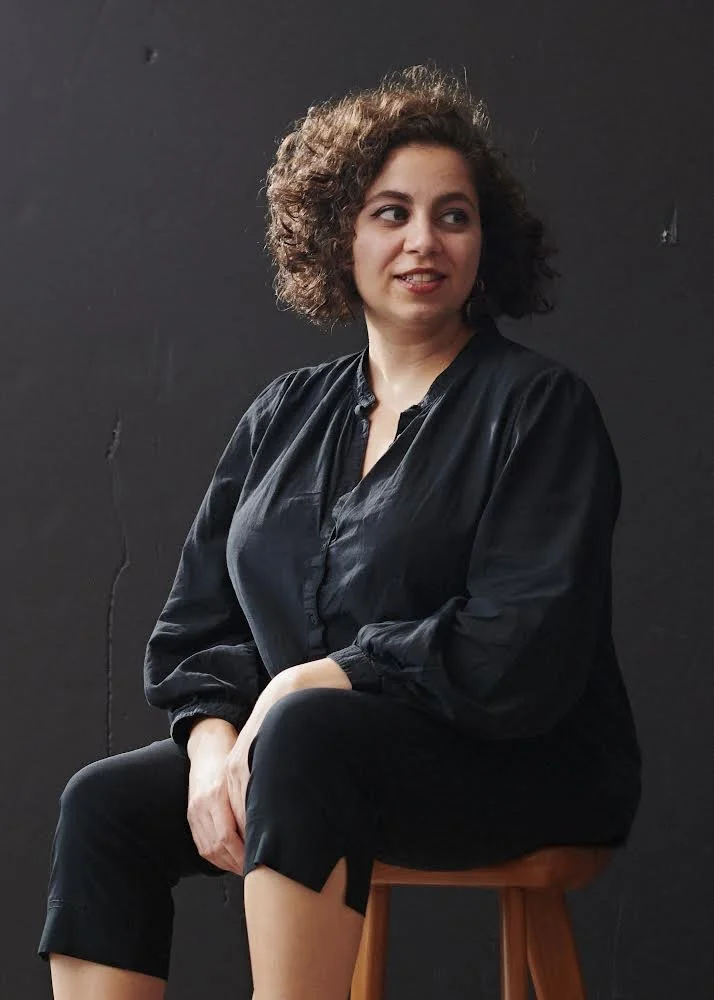Disturbing the Horizon of Misery
An interview with Lebanese Curator Nour Helou
Afrang Nordlöf Malekian
In 2019, serendipity led me to cross paths with the Lebanese curator and writer Nour Helou at a bar in Badaro, Beirut. At that time she was a student at the American University of Beirut, invested in learning about painting and drawing of the Qajar dynasty in Iran, from 1789 until 1925, and about what they revealed about societies and cultures. Today, based in New York, she is a research fellow at Performa after graduating from New York University with a master’s degree in Performance Studies. Additionally, Nour has been programming movies from South West Asia and North Africa (SWANA), its diaspora, and beyond, for a few years now. Following a prior research trip to LA in March, I was happy to make a stopover in New York for a conversation with Nour on her curatorial practice in moving images.
Afrang Nordlöf Malekian (ANM): I never learned how your engagement with cinema began. How was it informed by your bachelor's degree in art history from the American University of Beirut (AUB)? What sort of methods and thinking did you have to put into use to work with moving images from SWANA?
Nour Helou (NH): When studying at AUB, I was curious to know more about our local artistic cultures and how our histories are interpreted within them. However, I knew very little about a large chunk of Lebanon’s history, the 30-year wars (1975-1990), and hardly had an idea of where to look for information. But I desired to satiate my curiosity on the matter. After going down some internet rabbit holes, I realized many Lebanese filmmakers had extensively documented the wars. But, the real question here was: where to watch these films? I could count on my five fingers the number of Lebanese movies I had seen up until the start of the COVID-19 pandemic in 2020. Isn’t that crazy?! Back then, I reached out to researcher Róisín Tapponi who was archiving SWANA cinema through Habibi Collective’s Instagram page. A few months later, I joined a tiny team of young women researching cinema to create the streaming platform Shasha Movies. We wanted to be able to watch these movies and share them with anyone curious about them.
Portrait of Nour Helou by Jamie Ellington
For two years working as a film programmer for Shasha, I dug deep into all sorts of websites and resources to find movies and videos from our region – a real treasure hunt. I contacted daughters of deceased filmmakers to ask about their mother’s films, which we would find were hidden in basements since the 60s. I read about movies that had been burnt and destroyed, of which the only present legacy is a paragraph in a film anthology book.
Through this deep dive, I understood on another level why I had seen so little of our cinema and why research was limited. Among other reasons, the different countries in the SWANA region have been through radical changes in governing power groups in the last century, leading in some cases, to increased cultural repression.
But, we need these movies. Cinema is a tool for stopping the erasure of the past and the socio-political and class-related amnesia we seem to be plagued with in places such as Lebanon, where we tend to forget/erase the brutality of the past to move on with the present. We, the younger generation, need to know.
ANM: To work with counter-erasure is inevitably about the relationship between memory and forgetfulness, which of course is at the core of my all-time favorite book titled Memory for Forgetfulness by Mahmoud Darwish, which I read back in 2019 when we met in Beirut for the first time. The title tells us how absence and erasure are a site of memory that constantly haunts the present. How does your curation work with the aspect of unresolved “past”—a haunting time—to refuse a dominant mode of history writing and documentation?
NH: Over the past few months, as we exist in complete shock and horror at the century-long and rapidly exponential genocide of Palestinians inflicted by the state of Israel; and the repeated wars between Israel and Lebanon, we have had many learning conversations around movie screenings happening in New York City, about the history of the last century in our region.
This cinema is crucial to fight counter-erasure at this moment and every moment.
In previous programs, I’ve organized to screen movies such as The Land (2020) by Moe Sabbah and Aïnata (2018) by Alaa Mansour, which document external and internal violence inflicted on the people’s lands in Lebanon and Palestine. These movies act as a refusal to forget micro-histories and punctual events that might be disregarded quickly in the grander scheme of things but contribute to accurate history writing. Watching these movies makes us active witnesses of violence that keeps being imposed on our people and our lands, and ultimately helps us be informed while shaping better futures.
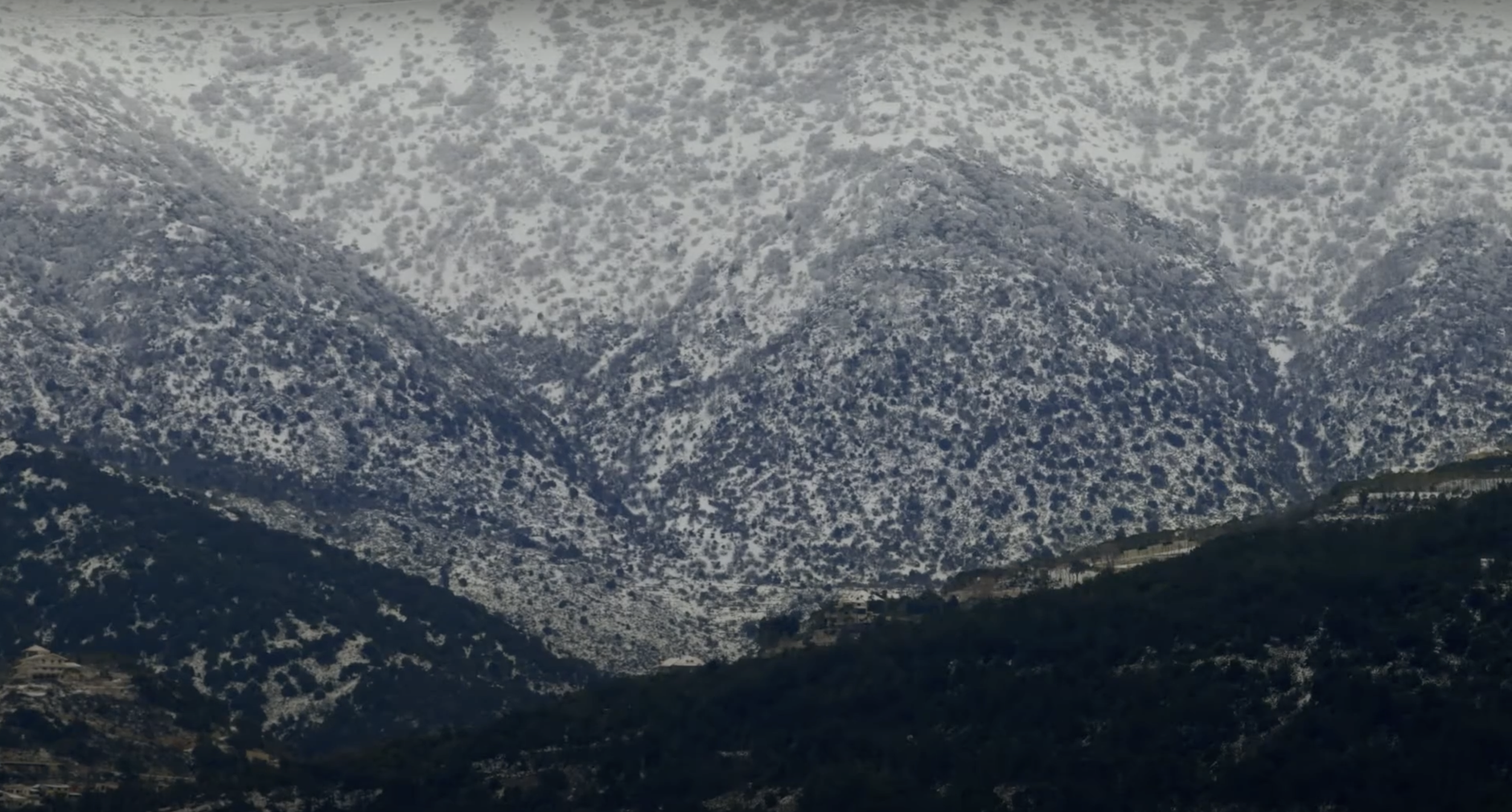
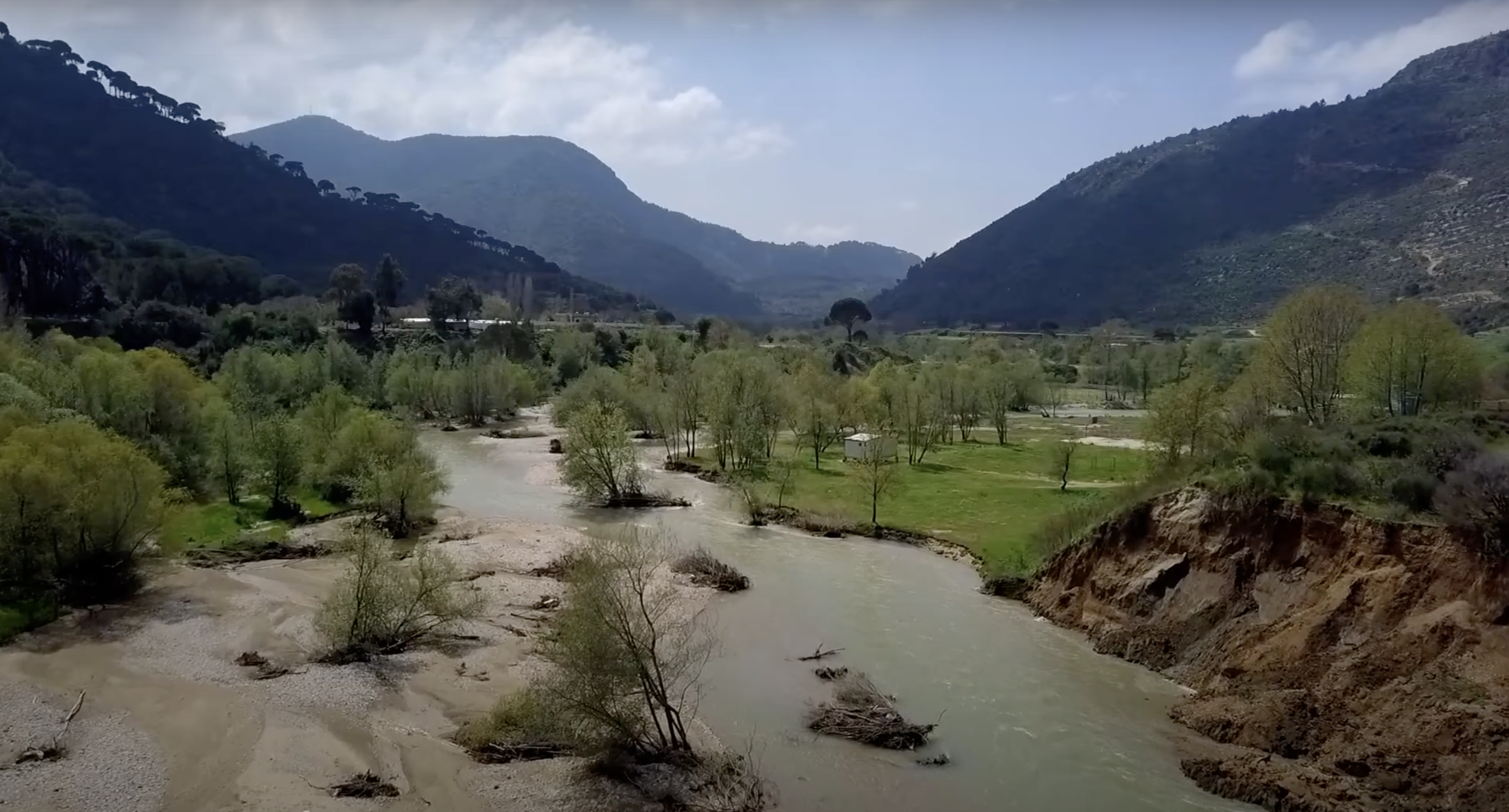
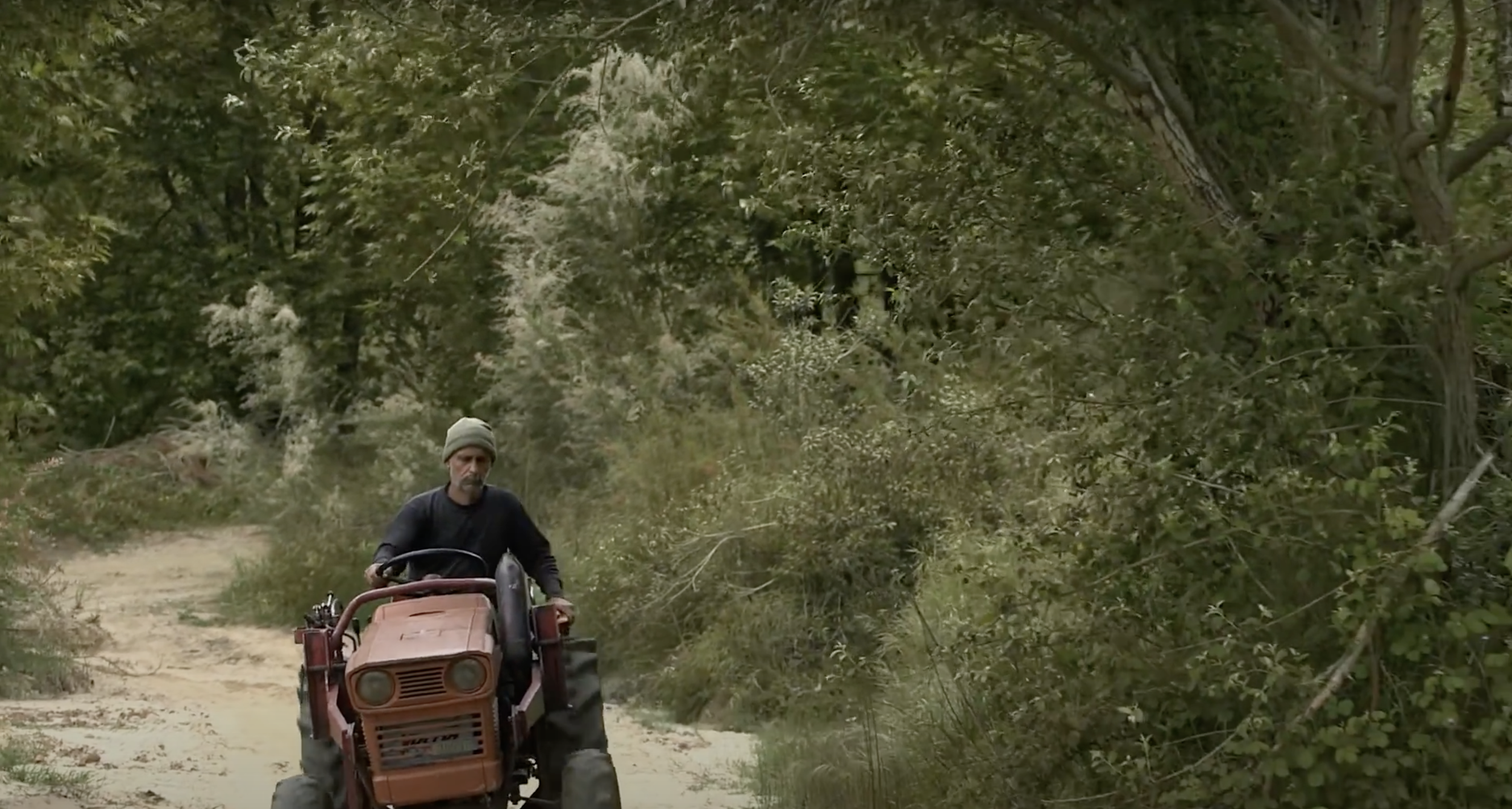
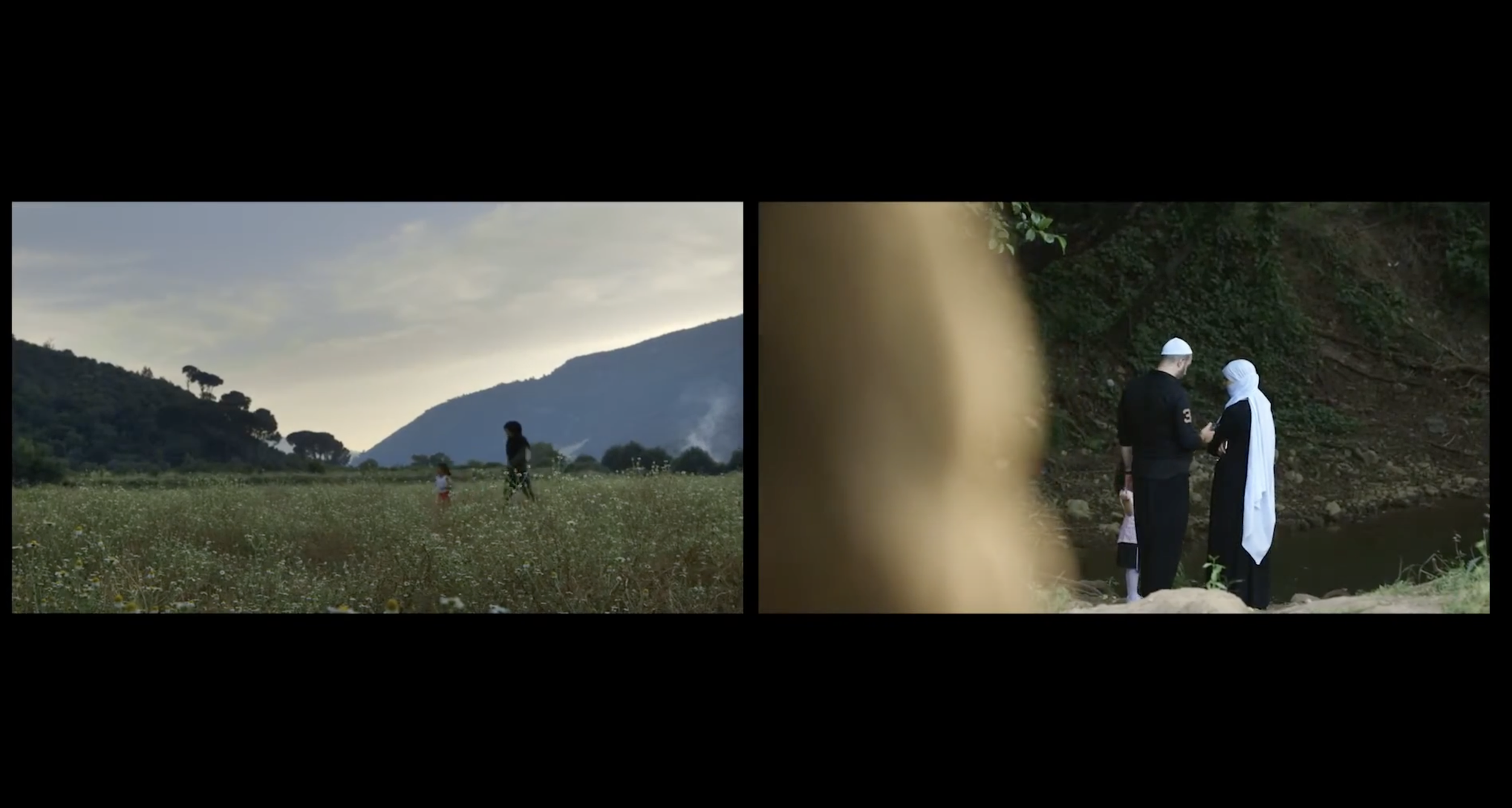
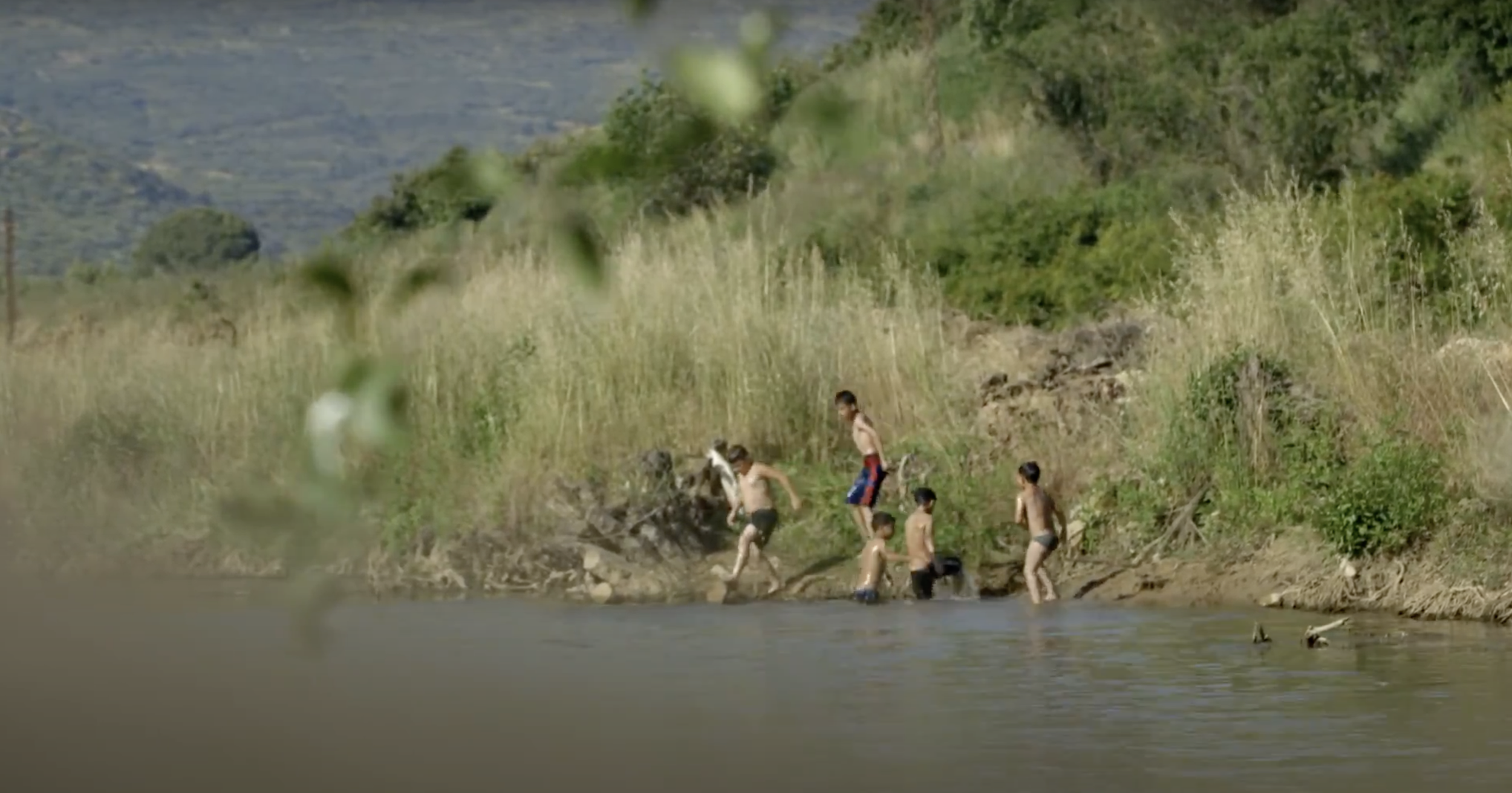
Stills from The Land, a film by Mohamad Moe Sabbah, Produced by Eliane ElRaheb - The Legal Agenda
Otherwise, there are technical and creative tactics that filmmakers have used to offer new ways of looking at people, places, and sociological givens, which also benefit us in being more aware of ourselves. Looking specifically at Mounira Al Solh’s Paris Without a Sea (2007-8): in this short, she interviews macho men on the beaches of Lebanon but re-records their speech with her own voice so that very quickly, the lines between interviewer and interviewee, man and woman, fact and fiction are blurred. She destabilizes the grounds we know, making them alien, so we can look and hear the people speaking with fresh and critical eyes. The movie is also very funny. I find humor to be an effective tool of communication. I am planning to screen this movie as part of a short program that expands the conversation on Lebanon in the USA beyond the lens of war and trauma. I feel the need to complicate this simple and partial representation of our regions by also addressing and sharing the humor, poetry, and storytelling habits embedded in our cultures. For us to take back the agency of representation and to feel each other's joy.
We disturb the horizon of misery with humor.
ANM: It’s fascinating how the traditional intellectual scene often overlooks humor and joy as potent political forces, preferring instead a veneer of professionalism that can sometimes border on boredom. Yet, it’s precisely through joy and celebration that many struggles persist.
Reflecting on struggles and the program you curated for the 2022 Outdoors Film Festival in Malmö, Sweden, in collaboration with Habibi Collective and grassroots organization Shako Mako Kultur created by Ansar Bakir, several films such as Heiny Srour’s The Hour of Liberation (1974), Tahani Rached’s Four Women of Egypt (1997), and Emily Jacir’s letter to a friend (2019) can you tell us about your curatorial method and how you developed the program in relation to the local communities?
Outdoor Film Festival in Malmö organized by Habibi Collective and Shako Mako Kultur in 2022.
Photo by Ansar Bakir
NH: Well, I don’t think it is possible to do relevant work without listening to the environment we are in. I try to be in tune with my surroundings, in the present moment and work within that, to the best of my ability. Ironically, I was living in Sweden where I didn’t speak much Swedish, but I did what I could!
In Malmö lives a big Arab community of migrants. I desired to curate an Arab feminist program of films that were unavailable for watching elsewhere. The movie selection engaged with different historical moments of societal and political change. Indeed, directors Heiny Srour and Tahani Rached documented liberation movements and election processes leading to new government formations. As for Emily Jacir, she anticipated, through a letter to a friend, the way the Israeli occupation would spread its tentacles in her neighborhood in Palestine, all the way to the intimacy of her house, ultimately destroying it a few years later.
The reason for my choice of content arose from a feeling that conversations between different ethnic groups in Sweden were not very present, and exchanges between people felt quite superficial and light. I wanted all of us to learn more about each other’s backgrounds to more deeply understand where we differ and where we meet. For example, I thought it would be interesting for the visitors attending the festival to hear four women, who were friends, disagree with each other’s political arguments on voting in Egypt in 1997 in contrast with the 2022 election for the Swedish parliament that had been coming up that same year.
Ultimately, the emphasis I wanted to put was on the fact that our existence is always political, and this was an attempt to stay with that and not run away from this reality, which is easy to do when living in foreign lands where the local political imagination is easily disconnected from the one back home. We are all connected.
ANM: Lastly, can you recommend three films that we should watch that reflect on refusal and counter-erasure, and which dive us into a deeply nuanced political landscape, leaving us not only touched but moved?
At present, I recommend:
“Naila and the Uprising chronicles the remarkable journey of Naila Ayesh and a fierce community of women at the frontlines, whose stories weave through one of the most vibrant mobilizations in Palestinian history - the First Intifada in the late 1980s.”
About the Sea (2007) by Sobhi al-Zubaidi
“An exploration into the vanishing landscape of Palestine. Young Palestinians talk about their
longing for the sea that has disappeared.”
Link to Palestine Film Index - a resource of 400+ movies about Palestine, its century-long
struggle, and how it is at times intertwined with Lebanon.
Nour Helou is a writer, researcher, and film programmer. She has worked at Shasha Movies, an independent streaming service for SWANA cinema, which she helped launch in 2020, and was also part of the Noncitizen Film Collective in Sweden where she was a project manager.
Afrang Nordlöf Malekian is an artist and curator of exhibitions and programs as part of the nomadic film and culture project Noncitizen Film Collective.
